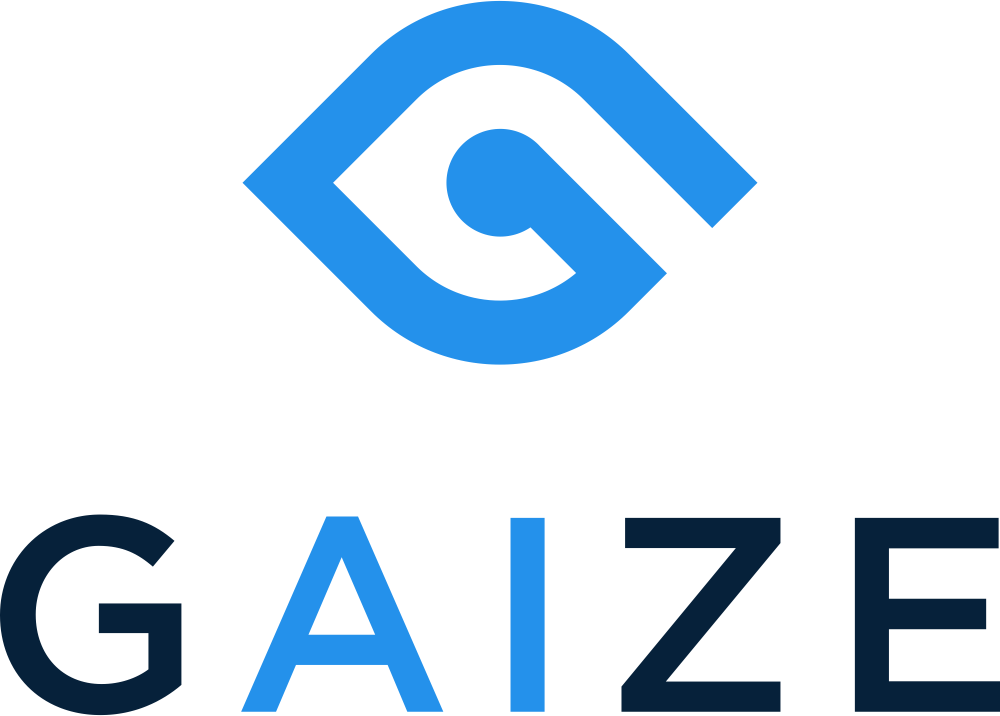California Enacts Legislation Safeguarding Off-Duty Marijuana Use by Employees
Watch a video version of this post here:
Or, read the text version below.
Can California employers test their employees for THC metabolites? As of January 1, 2024, the answer is no!
California is set to become one of the first states that will prevent employers from firing workers or declining to hire individuals due to their off-duty marijuana consumption, following a bill signed by Governor Gavin Newsom. Assembly Bill (A.B.) 2188 forbids employers from discriminating against individuals in hiring, termination, or other employment conditions based on off-duty, off-premises cannabis use. The bill was signed into law in September 2022 and became effective on January 1, 2024.
This law amends the California Fair Employment and Housing Act (FEHA), also declares it an unlawful employment practice to discriminate based on an employer-required drug screening test detecting non-psychoactive cannabis metabolites in an individual's bodily fluids.
Although recreational marijuana use has been legal in California since 2016 and medical marijuana since 1996, A.B. 2188 will be the state's first law to offer specific workplace protections for recreational and medical marijuana users. It is also one the strongest of such laws in the nation so far.
Employers will still be permitted to regulate marijuana use during work hours. A.B. 2188 will not allow employees to possess, be under the influence of, or use cannabis while working. The intent of the law is to force employers to prove that a worker is impaired on cannabis at work before taking adverse action. The law is a half-step in that direction, but by no means will solve this problem.
In short, the issue arrises from the language of the law, which allows employers to test for active THC, but not THC metabolites. That basically limits employers to using oral fluid / saliva tests, blood tests, or breath tests if they want to do chemical testing. The problem is that active THC in the body doesn’t necessarily mean that someone is actively impaired. While cannabis impairment typically lasts for about 90 minutes, oral fluid tests will typically be positive for about 48 hours since the last use. Breath tests are somewhat more selective, but will still be commonly positive for 3-5 hours since the last use. Blood tests on the other hand, in addition to being phenomenally invasive, can contain active THC for over a week since the last use of marijuana. In each case, the risk of testing a safe and responsible cannabis using employee and finding active THC in their body is extremely probable, so unfair dismissals will still happen. Of course, employers can also perform screening for actual impairment using Impairment Detection Technology, like Gaize, if they actually want to treat workers fairly.
The bill also maintains employers' rights to enforce drug- and alcohol-free workplaces as required by federal law or regulation. That means that employers with federal contracts, who are bidding on federal contracts, or who fall within federal regulation (like Department of Transportation regulated drivers) may still prohibit their employees from using cannabis as it remains a federal Schedule 1 drug. Employers in this position are in a particularly challenging position however due to tight labor markets and the popularity of cannabis. Employees are simply opting out of jobs in which they cannot use the substance on their off time.
Further exceptions are provided for employees in the building and construction trades and federal job applicants or employees requiring U.S. Department of Defense clearance. Some business groups have expressed concerns about the limitations A.B. 2188 places on drug testing and the ability to discipline for suspected on-the-job cannabis use. However, proponents of the legislation see it as a more fair and logical way to maintain a safe workplace while respecting employees’ right to use a legal substance on their off time.
A.B. 2188 positions California among the growing number of states that have legalized cannabis and enacted workplace protections for off-duty use. However, the bill allows employers to enforce drug- and alcohol-free workplace policies and continue marijuana testing, provided the tests do not target non-psychoactive substances in the body. Implementing such tests presents challenges for employers and raises questions about enforcing workplace policies and disciplinary actions. California employers may need to review and update their workplace drug policies and screening procedures.
Gaize provides employers with a way to maintain safe workplaces in compliance with A.B. 2188 with a non-invasive, portable and rapid testing device that detects active impairment from cannabis and other drugs.


